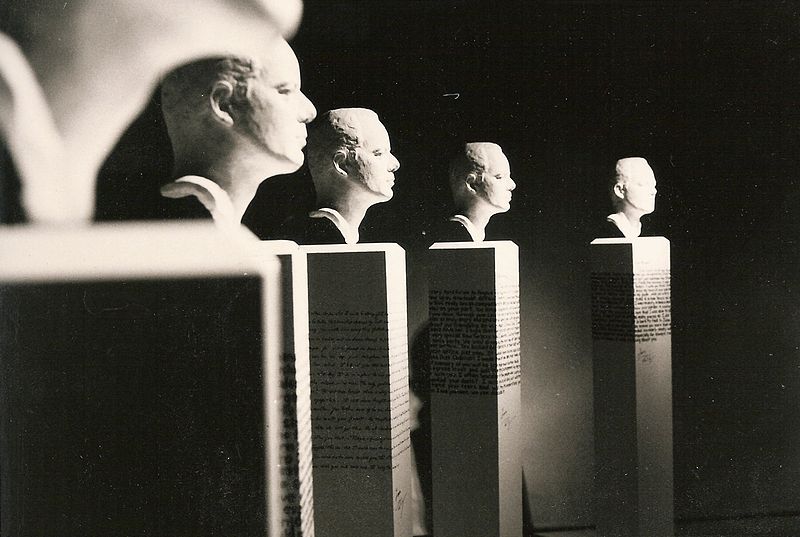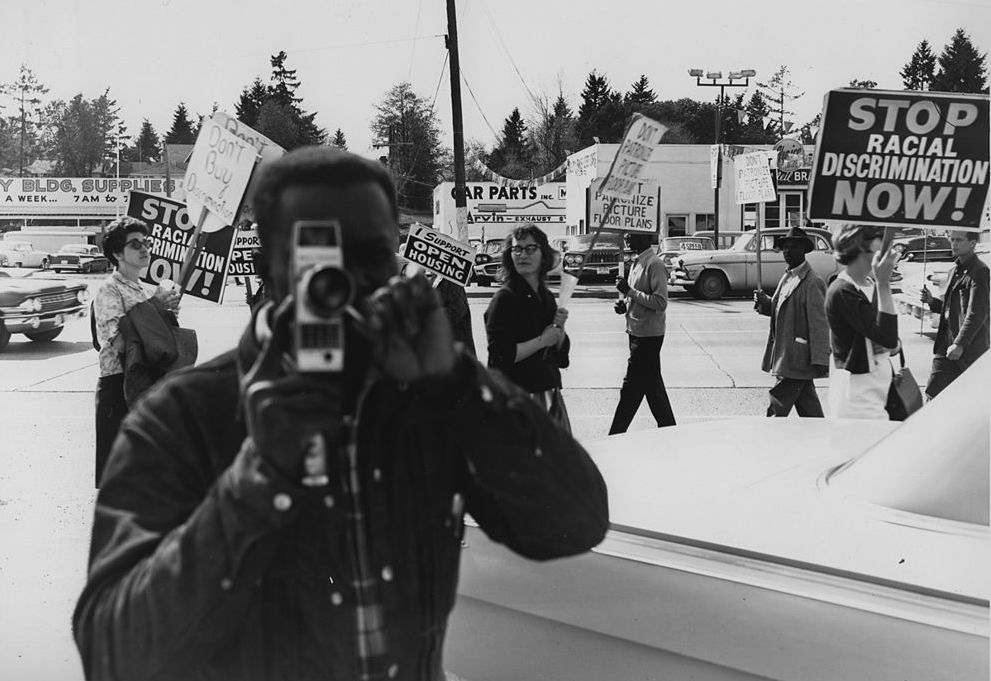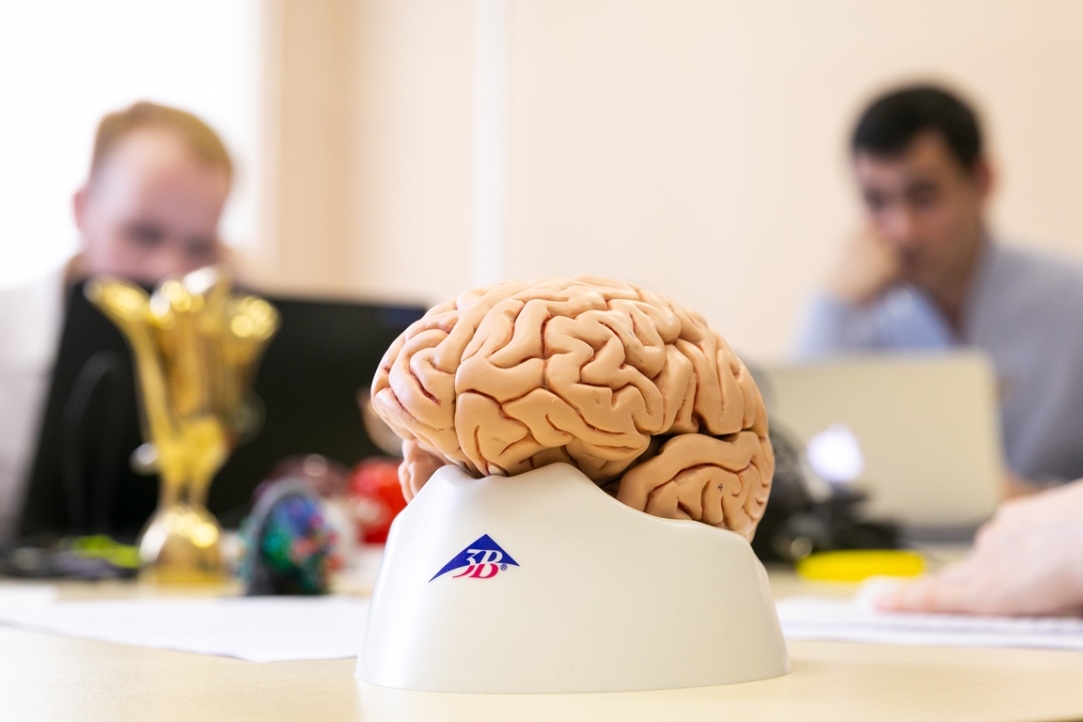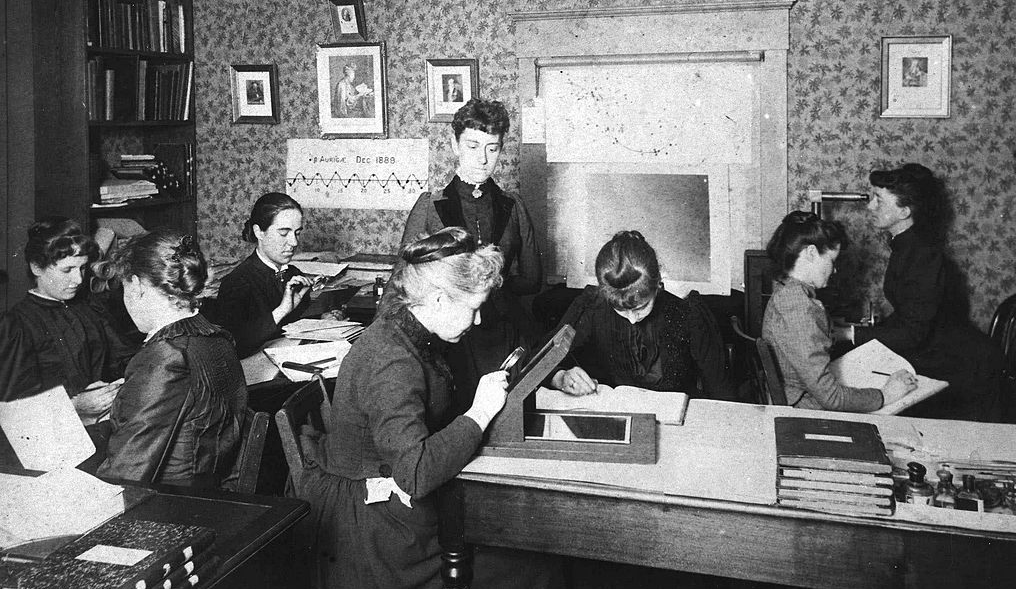.png)
Russia’s Middle Class: Who Are Its Members and How Do They Spend Their Money?
The HSE Centre for Studies of Income and Living Standards studied the dynamics of the middle class and its behaviour with regard to paid services. The study was based on data drawn from the HSE Russian Longitudinal Monitoring Survey (RLMS-HSE) for the years 2000 to 2017, and the results were presented at the 20th April International Academic Conference hosted by HSE.
International Education Experts Gather in Moscow
On May 20, the Days of the International Academy of Education commenced at the Higher School of Economics in Moscow. Experts from all over the world engaged in identifying global education policy trends will hold a series of meetings, master classes, seminars and open lectures. They will share their experience with Russian researchers, instructors and education policy makers over the course of three days.

Mapping HIV: The Russian Cities that Suffer from the Highest HIV Mortality Rates
In Russia today, HIV infection rates have stabilized, but mortality rates in a number of Russian regions have increased. Most affected by the disease are cities in the Middle Volga region, the Urals, Western Siberia and the Baikal region. In these areas, the number of HIV deaths exceeds the national average, and the disease is gradually spreading from the cities to more rural areas, according to HSE demographers Aleksei Shchur and Sergey Timonin at the XX April International Research Conference.

We Demand It! Make it Happen. Help! Examining Population and Power through the Lens of Online Petitions
Over 40% of online petitions started by residents of central Russia get results. In the Far East, this is the case with only 2% of online petitions, while in the regions of the North Caucasus it is even less. Nadezhda Radina and Daria Krupnaya studied the willingness of authorities and businesses to respond to citizens’ digital activism based on data from the Change.org platform. Their research will appear in a forthcoming article in an upcoming issue of the journal, POLIS. Political Studies.

HSE Tops Expert Analytical Centre Rankings in 7 Subject Areas
HSE University has appeared in 10 subject areas and six subject categories of the Expert Analytical Centre ranking of university research productivity. Moreover, HSE ranked 1st in five areas and two sections.
.jpg)
‘Math is Beautiful’
Anna Kozhina, a Research Assistant at HSE’s international Laboratory of Stochastic Analysis and its Applications, earned her PhD at Heidelberg University in Germany with highest distinction and earned an academic degree of the first category from HSE’s new Dissertation Committee. This year Anna’s dissertation was awarded the Wilma-Moser prize, which recognizes the best work among female graduate students in the natural sciences. In an interview with HSE News Service, Anna discussed what made her fall in love with mathematics and how science keeps her on her toes.

Odds of Success: How Engagement in Student Clubs Helps Undergraduates Find Good Employment
The more a student engages with various activities on campus, the higher their odds of success post-graduation. According to a study by HSE researchers, not only academic but also research and social engagement, such as participation in student organisations and events, can be linked to the development of critical thinking skills which are essential for general wellbeing as well as career advancement.

Gender Inequality in Academia
In Russia, women earn about 70% of what men earn in wages. In the academic sector, this gap is smaller. However, although women make up a majority at universities, wage gaps between the two genders still persist. To find out why this is the case, IQ.HSE spoke with Victor Rudakov, Research Fellow at the Institute of Institutional Studies.
‘Russian Questions’ and the Vatican in the Early 20 th Century
During the first half of the twentieth century—a period marred by wars, revolutions, and social upheaval—Europe almost destroyed itself twice. Despite the apparent closeness of the events of this period and the copious studies that they have inspired, many questions still remain unanswered, and the causes and interrelationships between the events remain unclear. Laura Pettinaroli, a researcher at the Catholic University of Paris, has been conducting research in the archives of the Vatican, Italy, France, Belgium and Russia for more than ten years in order to shed more light on the relationship between the Vatican and Russia during this period.
_(14766938862).jpg)
Reproductive Evolution: How Birth Rates Are Changing in Post-Soviet Countries
Reproductive behavior is modernizing at different rates in post-Soviet countries. Things are changing faster in Russia, Armenia, Georgia and Ukraine, where, over the last fifteen years, the average maternity age has increased and the contribution of women in their thirties to their countries’ birthrates has grown. Meanwhile, old reproductive patterns persist in Azerbaijan, Kazakhstan and Kyrgyzstan, where firstborns are usually born to parents under 30, demographers Vladimir Kozlov and Konstantin Kazenin note in a paper delivered at HSE’s XX April International Academic Conference.

